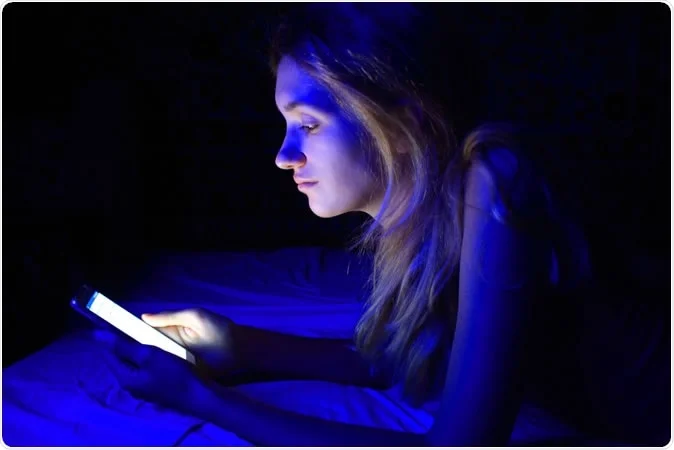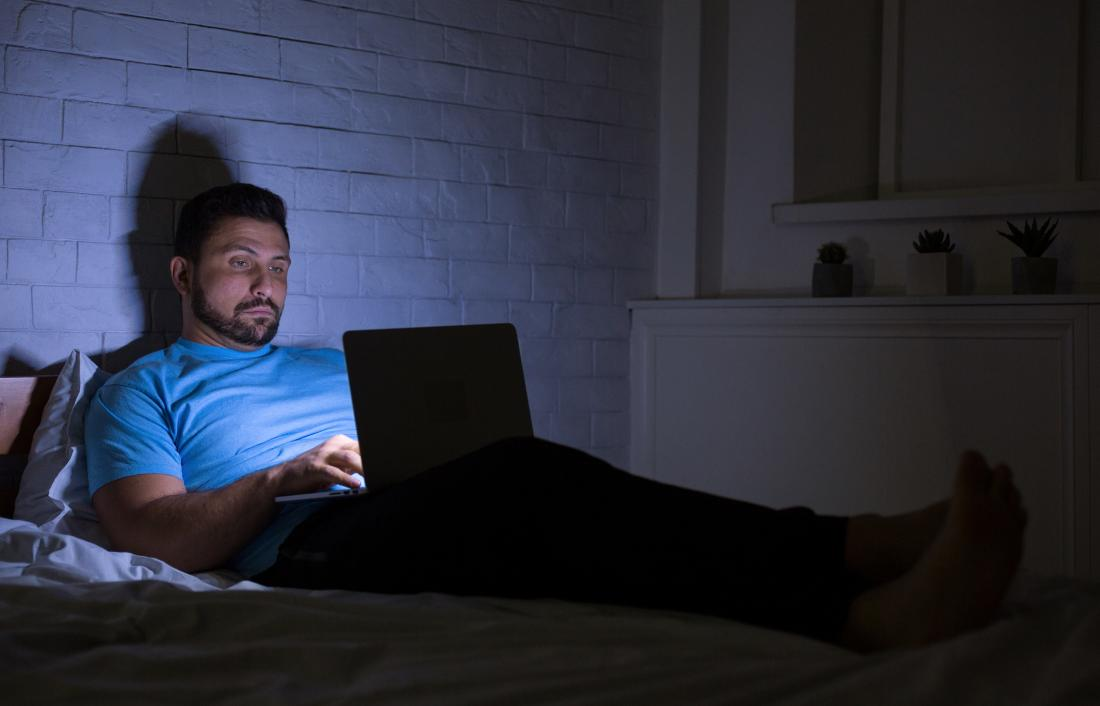Can Technology Affect Your Sleep? If Yes Then How?
Many people are worried about the relationship between technology and sleep. Teenagers are particularly vulnerable to disrupted sleep due to electronic devices. In this study, researchers looked at mobile phone use in sleep. The results showed that the amount of time spent on mobile devices has a negative impact on sleep quality and quantity. The primary causes of disturbed sleep are time displacement and light exposure. To minimise the impact of these factors, parents can adopt strategies that promote proper sleep hygiene. These measures include setting boundaries with children and family, monitoring screen time, and limiting content and light exposure.
A recent study found a link between technology use and reduced sleep quality. While technology is convenient and can provide many benefits, it may have unintended consequences for the health of our children and our generation. Because it affects us now, researchers must avoid overexposure and make their findings as accurately as possible. The authors of studies must take responsibility for their research findings and ensure that their methods do not cause harm. These technologies should not be used to replace the human touch in sleep.
How Is Technology Affecting Sleep
More people are using technology to help them sleep, affecting their sleep. Americans spend about 10 hours using technology, including computers, smartphones, and tablets. The use of these devices before bedtime has been shown to negatively affect sleep. Among other things, technology disrupts our circadian rhythm, reduces REM sleep, and keeps us awake well into the night.
Blue Lights From The Gadgets Can Deplete Melatonin
Moreover, blue light from cell phones, televisions, and other electronics can cause melatonin to be depleted, which is essential for sleeping. Another problem with technology is that it can interfere with sleep quality and we don’t know how to fall asleep fast. According to one study, people who use their cell phones before going to bed are more likely to wake up in the middle of the night. This suggests that increased use of technology before bed can lead to sleep debt.
Affects The Circadian Rhythm
Researchers say that using electronic devices like the TV, computer, and video games before bedtime can affect the circadian rhythm, the body’s natural sleep cycle. The bright light emitted by screens interferes with melatonin production, which promotes sleep. It’s unclear whether the use of such devices can cause a person’s circadian rhythm to be disrupted.
Recent studies have linked increased use of technology before bedtime to poor sleep quality. Even though technology has many benefits, it can negatively impact our health and mood. Before research, researchers are aware of the potential negative effects of overexposure to technology. The responsibility to publish their findings is theirs alone, and they must consider all aspects of their work. The following are some tips to help you get a better night’s sleep.
Overly Stimulating Content And Screen Also Affects Sleep
Studies have shown that the use of technology before bedtime affects sleep. While the study did not identify specific reasons why technology causes sleeplessness, it did find a pattern of effects. In addition, some people are more affected than others. Fortunately, there are solutions to this problem. Here are some tips to help you get some much-needed rest at night.
Overly stimulating content and screens are the leading culprits in poor sleep. According to the National Sleep Foundation, studies involving children and teens have shown that technology use during the evening reduces sleep. High-tech users are also more likely to experience problems falling asleep and staying asleep, making it difficult to get the rest you need at night. The omnipresent nature of technology makes it difficult to relax before bedtime.
Reduces Sleep Time
One study found that people who use technology before bed had a less restful sleep. They felt more tired during the day, especially when driving at night. Similarly, those who use electronics at night reported waking up in the middle of the night. This was especially concerning for teenagers, who need eight to 10 hours of sleep each night. Those who use technology right before bed report feeling more groggy during the day and experiencing more headaches. You can try sleeping in an oversized bed to get any sort of remedy.
The study’s findings suggest a correlation between technology use and decreased sleep quality. Although the effects of this new technology aren’t immediately evident, we need to understand that the effects on our future are profound. It’s important to keep the benefits of technology in mind and not ignore the negative consequences of overexposure. It’s important to note that, while technology has many benefits, it is also essential to limit the risks of overexposure.
Do You Think Blue Light Filters Help In Sleeping?

The theory is that reducing exposure to blue light can improve sleep quality. However, the exact mechanism behind this isn’t known. Studies suggest that exposure to digital screens before bedtime can disrupt circadian rhythms, resulting in less restful sleep. The question is, can these filters help you get the rest you need? This article will provide you with some helpful information. But before you go and buy the first filter you see, it is important to know the facts about them.
Nevertheless, the evidence for blue light’s effects on sleep is limited. However, night-mode filters can be very helpful. Make sure you set your phone’s brightness to a low setting and avoid aimless scrolling. In general, a dark room is ideal for sleep. Also, it’s important to limit the ambient noise, such as computer or TV screens, in the bedroom. But do not forget to switch off all light sources before going to bed. Also, sleeping with proper comforters can help deal with sleeplessness.
Lastly
The relationship between technology and sleep has been around for decades. This connection has improved our lives in countless ways, from improving health and productivity to improving industry and entertainment. We rely on technology for our jobs, entertainment, automation, and it helps us keep up with the latest trends. However, it can also affect our sleep quality. Many people today take their mobile phones to bed, which can be a problem because the light from the screen and the mental activity they cause can keep us awake.

